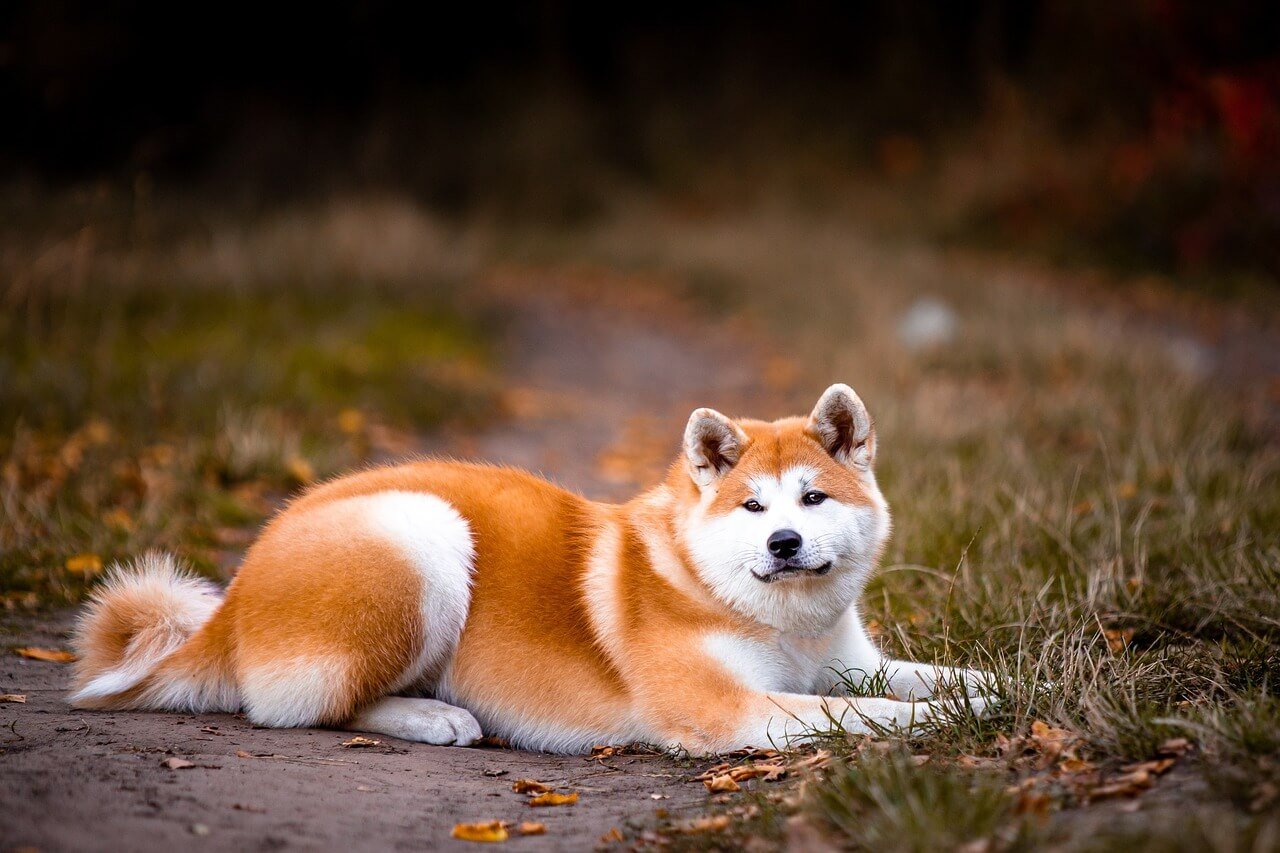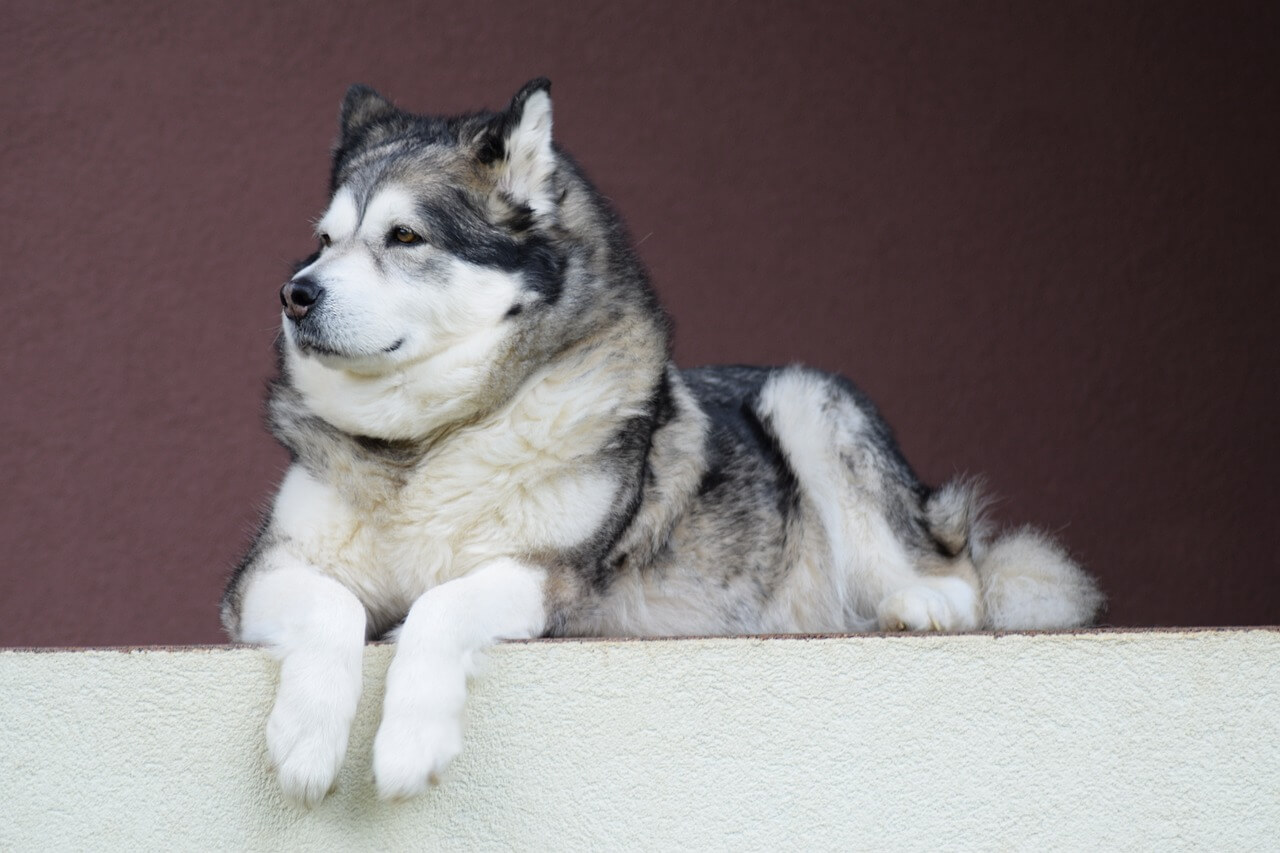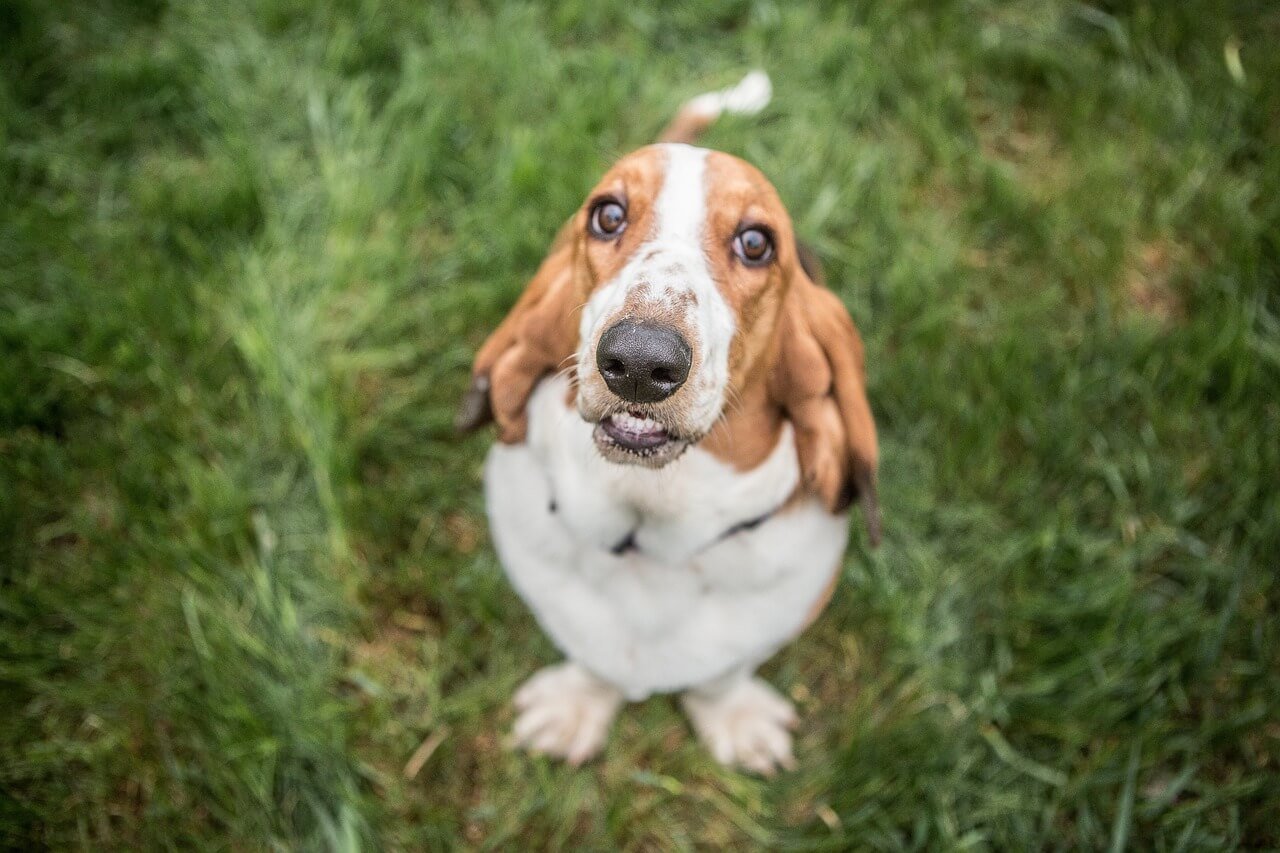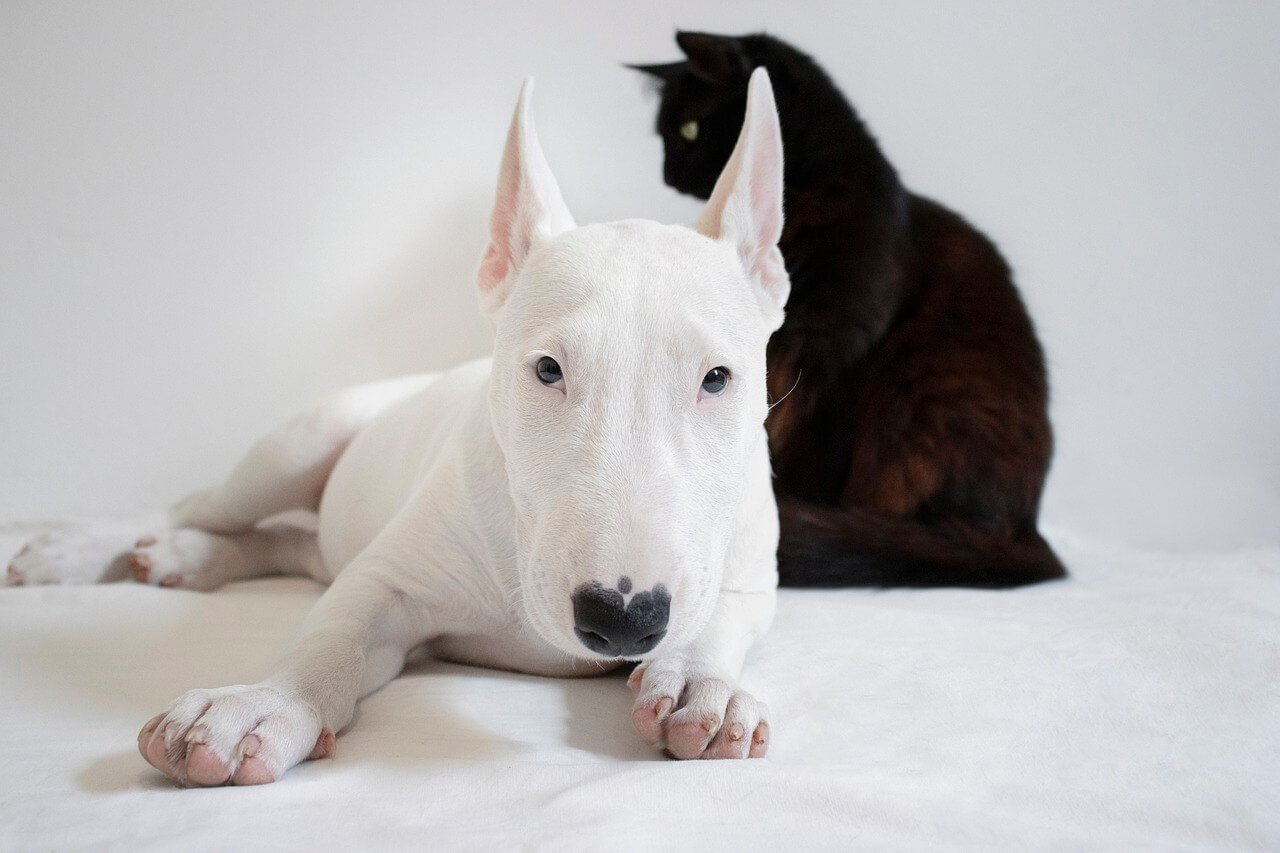When you first lay eyes on an Akita, it's easy to be taken aback by its majestic appearance. With a thick double coat, an alert expression, and a regal bearing, Akitas are undoubtedly a sight to behold. Originating from the snowy terrains of Japan, these gentle giants have more than just good looks to offer. Let's dive deeper into the world of Akitas and discover what makes them such a special breed.
History and Origin of the Akita Dog Breed
The Akita breed is deeply rooted in Japanese culture, embodying values like health, happiness, and longevity. The Japanese Akita Inu, in particular, is revered for its unwavering loyalty—a trait immortalized by Hachiko, the legendary Akita who faithfully waited for his owner at Shibuya Train Station every day. This powerful bond between Akita and owner is still felt today, with both Japanese and American Akitas cherished worldwide for their loyal and protective nature.
Originally bred for dog fighting, Akitas evolved into versatile working dogs, particularly known for their exceptional skills as hunting companions. Trained to track game, they developed physical strength and sharp instincts that still define them today.
In Japan, the Akita holds a special place in the hearts of many. Organizations like the Akita Dog Preservation Society and the Japanese Akita Club are dedicated to preserving the breed's traditional traits. The American Kennel Club officially recognized the Akita in 1972, though the differences between the Japanese and American varieties continue to spark discussion, especially among those participating in AKC events. For Akita owners around the world, adopting one of these majestic dogs means becoming part of a rich legacy that honors the breed's cultural significance and its deep commitment to loyalty.
Characteristics and Personality of the Akita Dog
Akitas are known for their reserved, stoic demeanor, often displaying affection in subtle ways. Akita owners report that their dogs often follow them around, a trait that showcases their loyalty and strong bond with their human companions. Unlike many breeds, the Akita’s communication is more subdued, yet it’s rich in expression for those who learn to read it. This loyal breed is often wary of strangers, but with proper socialization, Akitas can be friendly toward other dogs and people, making them excellent family members.
Despite their loyalty, Akitas are also known for their independence, which can sometimes be mistaken for stubbornness. It’s crucial for prospective owners to understand the Akita personality and be prepared for a dog that requires both respect and patience.
Health and Well-being of the Akita
Embarking on the journey of Akita ownership means understanding and catering to their specific health and well-being needs. Just like any breed, Akitas come with their unique set of challenges and rewards.
Size and Lifespan
Akitas are classified as a large dog breed, and with that size comes certain health considerations. On average, a healthy Akita can live anywhere from 10 to 15 years. However, much like humans, how long a dog's life truly is can be influenced by genetics, diet, exercise, and regular veterinary care.
Common Health Concerns
While Akitas are generally robust and have a strong constitution, they're not immune to certain health issues. Hip dysplasia, a condition where the hip joint doesn't develop properly, is one such concern. This can lead to arthritis or even lameness in severe cases. Regular check-ups and early detection can help manage this condition. Another health issue prevalent in the breed is progressive retinal atrophy, which can affect their eyesight. Being aware of dogs' health issues and how to address them ensures a happier and healthier life for your Akita.
Diet and Nutrition
The dietary needs of an Akita differ slightly from other breeds. Given their size and energy levels, they require a well-balanced diet rich in proteins and essential fatty acids. While some owners opt for commercial dog foods, others prefer a raw or home-cooked diet. Whatever you choose, ensure it meets the nutritional requirements of this majestic breed.
The Importance of Rest
Ever noticed your Akita catching up on some serious Zzzs? Don't be alarmed. Akitas, especially puppies, love their sleep. Why do dogs sleep so much? The answer lies in their growth and development needs. Proper rest ensures they have the energy for training, playing, and building strong muscles and bones.
Grooming Needs
That thick, luxurious coat isn't going to groom itself! Akitas have a dense double coat that requires regular brushing to avoid matting and to reduce shedding. And while they don't need frequent baths, knowing how often you can bathe a dog is essential to keep their coat in top condition without stripping essential oils.
Training the Majestic Akita
Training any dog is a rewarding journey, but with Akitas, the experience takes on a deeper significance. Renowned for their strong will and independent nature, the challenge with Akitas isn't just about teaching commands; it's about fostering a bond of mutual respect and understanding.
Starting Early
The best time to begin dog training an Akita is during its puppy days. Young Akitas are like sponges, eager to soak up knowledge and learn about their environment. Utilizing this early window of curiosity will make subsequent training stages smoother.
Socialization
Akitas, with their reserved nature, can sometimes be wary of strangers or unfamiliar animals. Early socialization – introducing your Akita to various people, places, sounds, and other animals – can help mitigate this. Regular visits to dog parks, neighborhood walks, and even simple playdates with other dogs can make a world of difference in shaping a well-rounded Akita.
Positive Reinforcement
Given their intelligence and sensitivity, Akitas responds best to positive reinforcement training methods. Using treats, praise, and play as rewards for good behavior ensures your Akita remains motivated and eager to learn. Remember, harsh corrections or punitive methods can harm the trust between you and your pet.
Setting Boundaries
Akitas are known to test boundaries. Being consistent in your commands and what you expect from your dog is crucial. If jumping on the sofa is off-limits today, it should be off-limits always. This clarity prevents confusion and reinforces good behavior.
Challenges in Training
Every Akita owner will, at some point, encounter their pet's stubborn streak. It's not defiance for defiance's sake; it's just part of the Akita's independent character. In these moments, patience is your best ally. Take a break if needed and revisit the training exercise later. Remember, every challenge is an opportunity to strengthen the bond with your Akita.
Ensuring Comfort for Your Akita
Every Akita owner can attest to one thing: these dogs are not just pets; they are family. And just like any beloved family member, ensuring their comfort at every stage of life is paramount. From the energetic days of puppyhood to the more serene moments of their senior years, let's explore how you can make your Akita's life a cozy and joyful journey.
The Right Bed
An essential aspect of your Akita's comfort is where they rest. Akitas, given their size and weight, require a bed that provides adequate support. Orthopedic dog beds can be especially beneficial, offering relief for their joints. If you've ever pondered how to choose a dog bed, consider factors like size, durability, and ease of cleaning. And remember, while they might have a favored corner in your home, changing the bed's location based on the season (cooler spots in summer, warmer in winter) can add to their comfort.
Grooming
That dense, plush coat of the Akita is undeniably beautiful, but it also requires consistent care. Regular brushing not only prevents matting and reduces shedding but also becomes a bonding activity between you and your pet. For Akitas, grooming is not just about aesthetics; it's a health necessity. Keep an eye out for any skin issues, ticks, or debris that might be hidden beneath that thick coat.
Dietary Needs
The nutritional requirements of your Akita will evolve over time. Puppies, with their boundless energy, need a protein-rich diet to support growth. As they transition to adulthood and eventually into their senior years, their dietary needs will shift. Regular vet check-ups can provide guidance on the right nutrition at each stage, ensuring your Akita remains healthy and vibrant.
Behavioral Concerns in Akitas
Akitas are known for their strong-willed and independent nature, which makes them both fascinating and, at times, a little challenging to manage. While these traits are part of what makes them unique, they can also lead to certain behavioral issues, such as aggression toward other dogs, fear-based reactions, separation anxiety, and occasional destructive behavior. The key to addressing these challenges is early intervention with the right approach.
To ensure your Akita thrives, it’s essential to focus on consistent and positive reinforcement training. This helps your dog understand the rules and builds a sense of trust between you. Early socialization is particularly important for Akitas, as it helps them feel at ease around other dogs, new people, and unfamiliar situations. Exposing your Akita to a variety of experiences, sounds, and environments can go a long way in reducing fear and boosting their confidence, making them more adaptable and less reactive.
By investing time and patience into training and socialization, you’ll set the stage for a happy, well-adjusted Akita that’s comfortable in any situation.
Addressing Behavioral Issues
Dealing with behavioral challenges in Akitas can be rewarding when approached with patience, consistency, and love. These dogs are intelligent and strong-willed, but with the right guidance, you can help them overcome common behavioral concerns. Here are some gentle tips to guide you through:
- Aggression Toward Other Dogs: If your Akita shows aggression toward other dogs, it's essential to introduce them slowly in a calm, controlled setting. Start with brief encounters, and gradually increase the time and intensity of their interactions. With positive experiences, your Akita will learn to feel more comfortable and less threatened by other dogs.
- Fear-Based Behaviors: Akitas, like many dogs, can develop fear-based reactions to certain triggers. To help them overcome these fears, it’s important to gradually expose them to the things that scare them—whether it's loud noises, certain objects, or new environments. Use treats and praise to create positive associations, helping your Akita feel more secure in situations that once caused fear.
- Separation Anxiety: If your Akita struggles with separation anxiety, try to ease them into being alone by gradually increasing the time you're away. Start with short absences, and slowly extend them as your dog gets used to the routine. Before you leave, make sure your Akita has had a good workout, both physically and mentally. This will help them feel content and tired, reducing the chances of anxiety when you’re gone.
- Destructive Behavior: Akitas are active dogs that need both mental and physical stimulation to stay happy. If your dog engages in destructive behavior, it could be a sign of pent-up energy or boredom. Make sure they’re getting plenty of exercise, and provide them with appropriate outlets for their energy, like chew toys or playing fetch. Always redirect them to these positive activities, and remain patient—your consistency will help guide your Akita toward more acceptable behavior.
Remember, patience and understanding go a long way with an Akita. These dogs thrive on positive reinforcement and will respond well when you offer them clear, gentle guidance.
Safety and Precautions for Akita Owners
As an Akita owner, ensuring both your safety and the safety of others is a top priority. Here are some practical tips to help you navigate life with your Akita:
- Supervise Interactions with Other Dogs: Akitas can be a bit territorial, so it's important to always supervise their interactions with unfamiliar dogs—especially if they’re still getting used to socializing. Not all dogs will mesh well together, and being proactive helps prevent any potential conflicts.
- Use a Leash in Public Areas: When out and about, keep your Akita on a leash, particularly if they’re still refining their training. This gives you full control and ensures that you can manage any unexpected situations, keeping your dog safe and others around you at ease.
- Read Your Akita’s Body Language: Akitas are known for being observant, and their body language can often tell you a lot about their mood. Be mindful of subtle cues—like raised hackles or tense posture—and intervene early if you sense any signs of aggression or fear. A calm, confident owner can prevent situations from escalating.
- Provide Plenty of Exercise and Mental Stimulation: Akitas are active and intelligent dogs that thrive on both physical and mental challenges. Regular exercise and engaging activities not only keep them happy, but they also help prevent destructive behaviors that come from boredom. A tired Akita is a content Akita!
By keeping these simple guidelines in mind, you'll help foster a harmonious relationship with your Akita while ensuring they remain well-behaved and comfortable in various environments.
Finding the Right Environment for Your Akita
Akitas are powerful dogs that need both mental exercise and physical activity to thrive. Their strong hunting instincts and territorial nature make them excellent guard dogs, but they also need space to run and exercise. Akitas do best in homes with a yard and regular outdoor activities, as these help maintain their physical health and release their abundant energy.
For those who live in warmer climates, keeping your Akita comfortable requires attention. Because Akitas have a double coat designed to retain body heat in cold weather, they may struggle to tolerate hot weather. Ensuring they have access to water, shade, and cool indoor spaces is essential to their well-being.
Conclusion: Becoming Part of the Akita Legacy
Owning an Akita means joining a legacy of loyalty and companionship that goes back centuries. With their history tied deeply to Japan and their unique personality traits, Akitas offer a rare blend of strength, independence, and loyalty. As Akita owners know, sharing life with this remarkable breed brings immeasurable joy, whether through gentle companionship or shared adventures. For those prepared for the responsibility, the Akita is more than just a pet; it’s a family member, a guardian, and a legacy that continues to inspire pet owners around the world.








